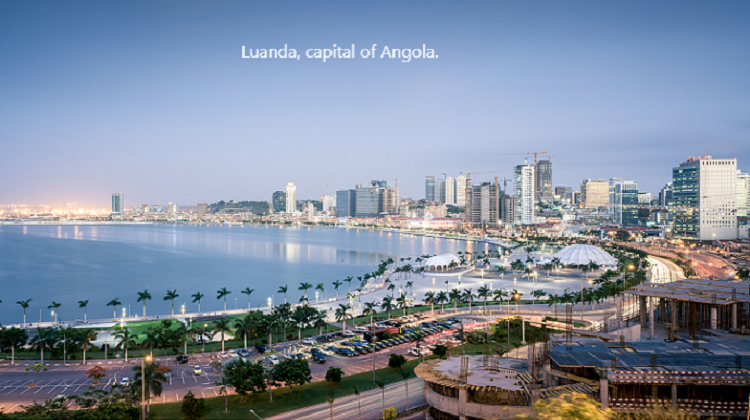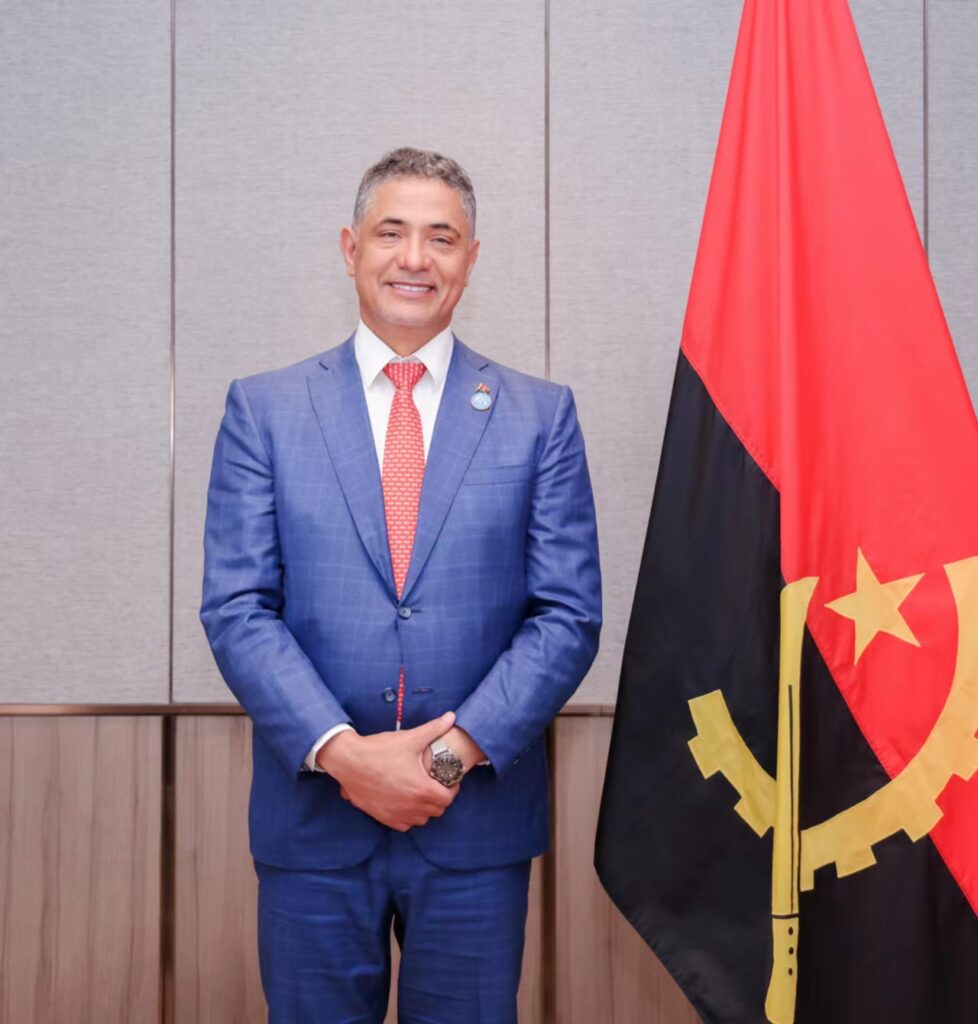
Angola refutes West’s allegations over so-called ‘debt issue’ as untrue and unfair.
The China-proposed Belt and Road Initiative (BRI) has generated numerous opportunities for partner countries, including Angola, as noted by João Baptista Borges, the Angolan Minister of Energy and Water, in an exclusive interview with the Global Times, during which he conveyed appreciation for the positive changes that Chinese companies have contributed to his country’s development, notably in sectors including water, energy supply, and green transformation.
The Angolan minister has also refuted the West’s intensified allegations over the so-called “debt trap” issue targeting the initiative, calling it both “untrue and unfair.”
These remarks were made on the sidelines of his visit to China on behalf of Angolan President João Lourenço to attend the third Belt and Road Forum for International Cooperation (BRF), which was held in Beijing recently.

China’s increased support for Angola can be traced back to the early 2000s when the country was emerging from a decades-long civil war and was in dire need of extensive rebuilding, the minister said.
At that time, there was a pressing need for rebuilding, and the country had already begun receiving substantial financial support from the Chinese government for various critical infrastructure projects, such as water and energy supplies, Borges explained.
The cooperation with China has later increased substantially, with a range of major projects, including water treatment systems and transmission systems, being built to help secure the energy supply of the country and improve the living standards of local people.
For example, the Soyo-Kapary (SK) Power Transmission and Transformation Project, with the participation of the state-owned Power Construction Corp of China (PowerChina), in Angola is the most extensive transmission and substation project built in Angola and even in the entire African region, with the highest voltage standard, the highest voltage level, and the longest transmission distance, the Global Times learned from the company.
The project, including its main equipment and materials, was designed and made in China. It serves as an example of Africa’s early power project in which China’s construction technology and equipment meet European standards, in line with the BRI.
Since the Chinese company entered the country in 2004, PowerChina has been involved in 360 completed and ongoing projects in the country worth nearly $10 billion. These projects cover various areas like power, roads, airports, and water infrastructure, as reported by the Global Times.
Other grand projects include the Caculo-Cabaça Hydropower Station, known as the ‘Three Gorges Project of Africa’, which is being built by state-owned company China Gezhouba Group Co.
The hydroelectric project, located in the middle section of the Cuanza River, is about 230 kilometers away from the capital Luanda. The project includes one main power station and one ecological power station. It is designed to deliver an installed capacity of 2,172 megawatts.
“These projects with the participation of Chinese companies have benefited millions of Angolans and the cooperation with China is very important and strategic for us in terms of the great changes it has brought to our lives,” the minister said.
While Angola ranks second placed for crude oil producers and also second in the crude oil exporting countries in Africa, according to the AFREC 2020 statistics, it has also set the foundation for the sustainable development of renewables, through investments and supportive measures.
“Angola has the objective to do the energy transition. We are now developing more hydropower stations, and other green energy facilities such as solar power plants,” he said, noting that the Angolan government aims to achieve 72 percent of contribution from clean sources in the energy matrix by around 2025.
“These represent huge investment. We are talking in hundreds of millions of dollars to construct solar power plants and hydro transmission systems in order to eliminate gradually the fossil fuel consumption. Our priority is really to transform our economy in order to provide not only more power but also clean power to the people at affordable prices,” the minister said, adding Chinese companies can be an important player in this field.
While Chinese companies have made a significant contribution to the country’s development, certain Western media outlets have opted to overlook these contributions and instead continue to escalate their criticisms of the BRI, particularly regarding the so-called “debt issues,” a stance that the minister strongly refuted.
“This [what some foreign media claimed] is not true. If you ask anybody in Angola, they will tell you that our lives have changed with these supports from China,” he said.
The minister recalled the time in the early 2000s, when the war in Angola just came to an end, and the country was in urgent need for funds to rebuild, “nobody offered us supports except China… and we are very grateful to China for these supports that enabled us to greatly improve the big dimension of living conditions of our people,” Borges said.
“We in no way support such claims [by Western media] over China and we believe that it is not fair to criticize China the country that have offered us all these supports,” he said.
The minister noted that the cooperation with China is on a win-win basis and stated, “China has never imposed any projects on us; each project was selected by us.”
China has been one of the main investor countries in Angola and by September 2019 Chinese investment already exceeded 20 billion U.S. dollars
CGTN
Moreover, the BRI is well integrated into Angola’s long-term development and “allows us to progressively improve our social and economic situation in Angola the way we want it to be,” Borges noted.
Borges said that he believes that the BRI will continue to create many more opportunities for partner countries across a broader range of sectors, not only in water and energy but also in telecommunications and transportation, which can promote connectivity in the region and beyond.
Source: Global Times, Oct 21, 2023. https://www.globaltimes.cn/page/202310/1300278.shtml
See also: CGTN, 27-Sep-2019. https://news.cgtn.com/news/2019-09-27/Chinese-investment-in-Angola-exceeds-20-billion–KkluSMHALC/index.html